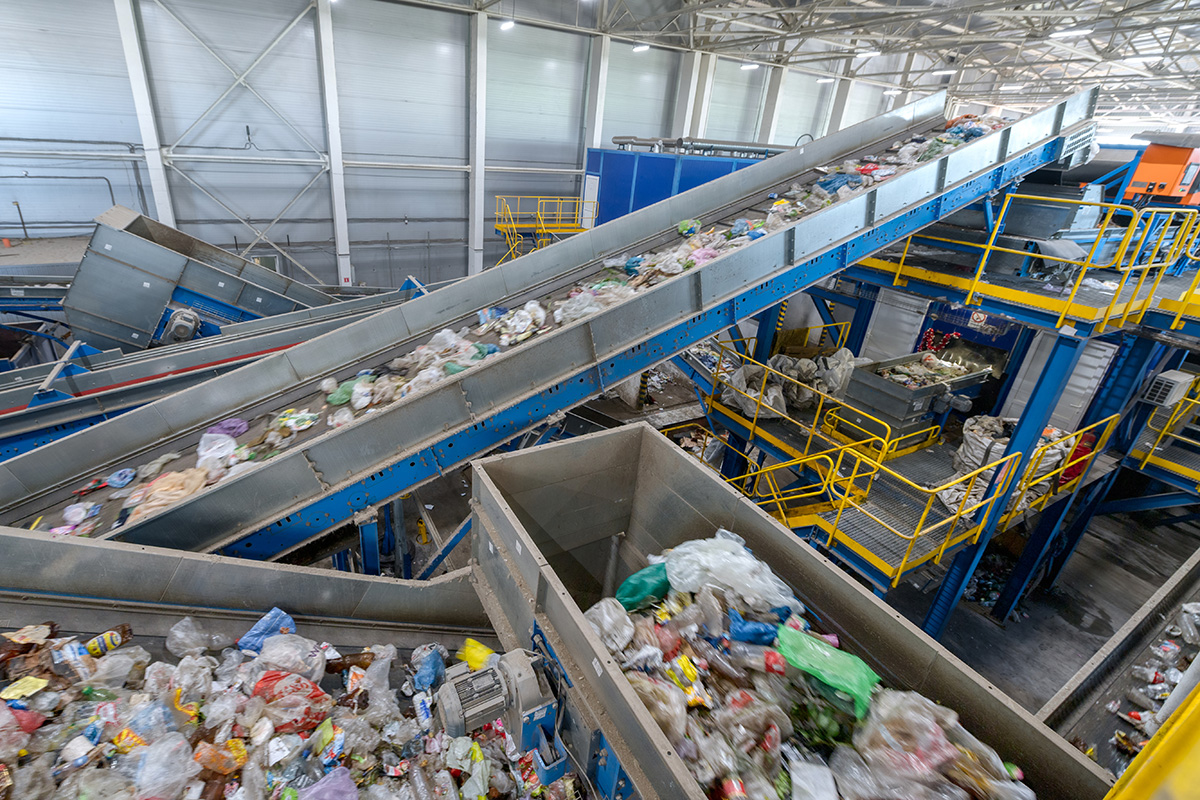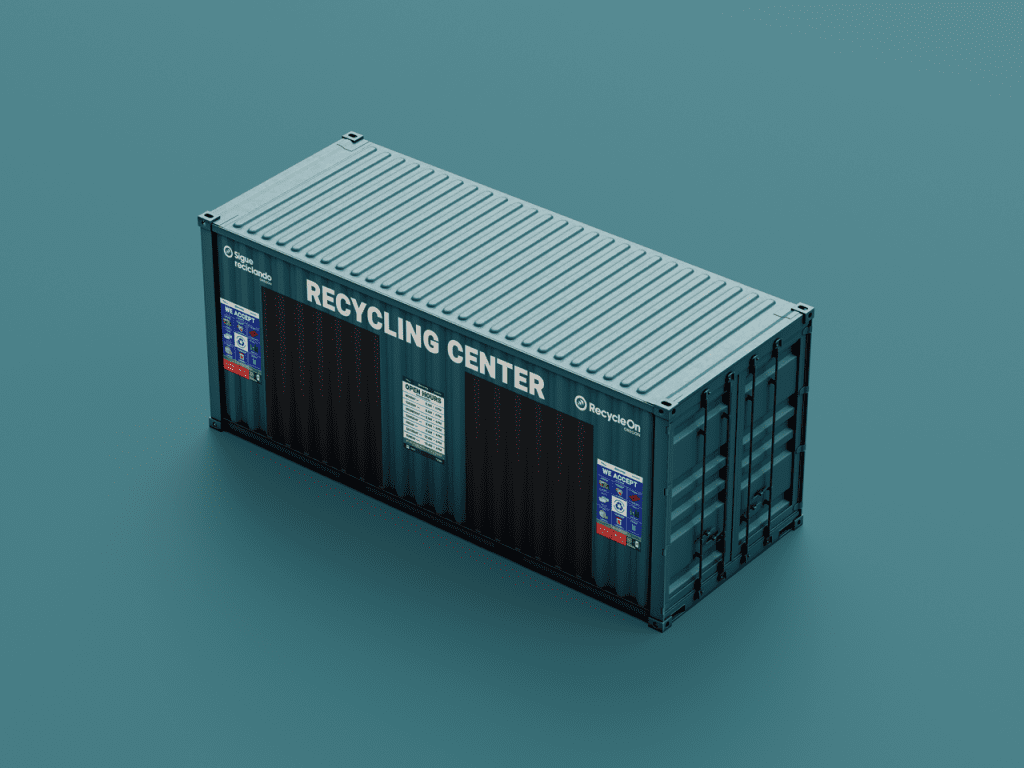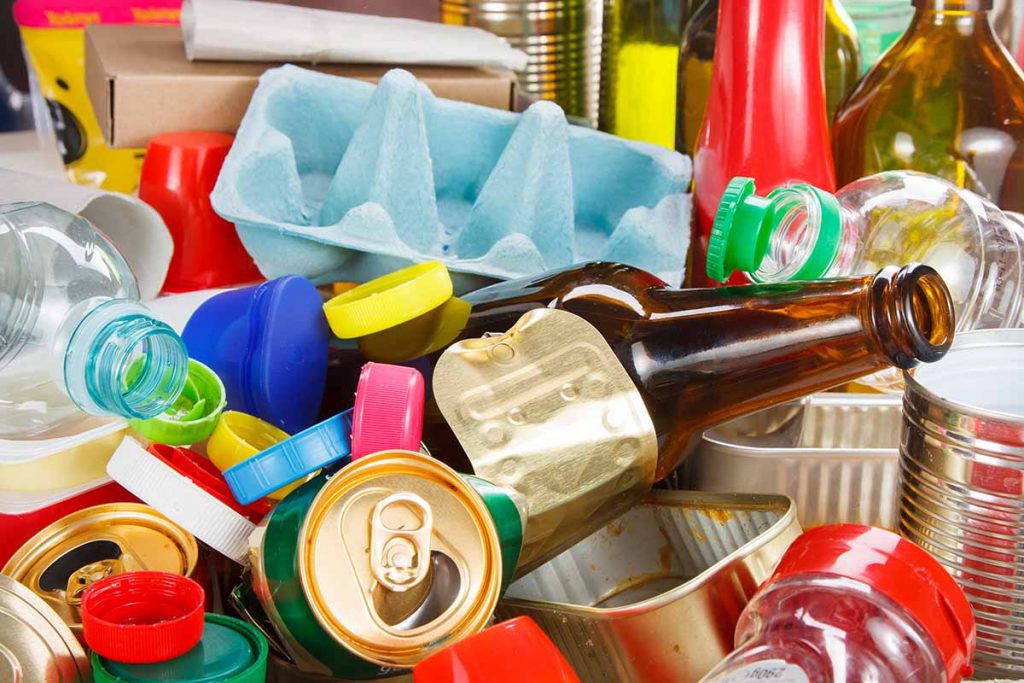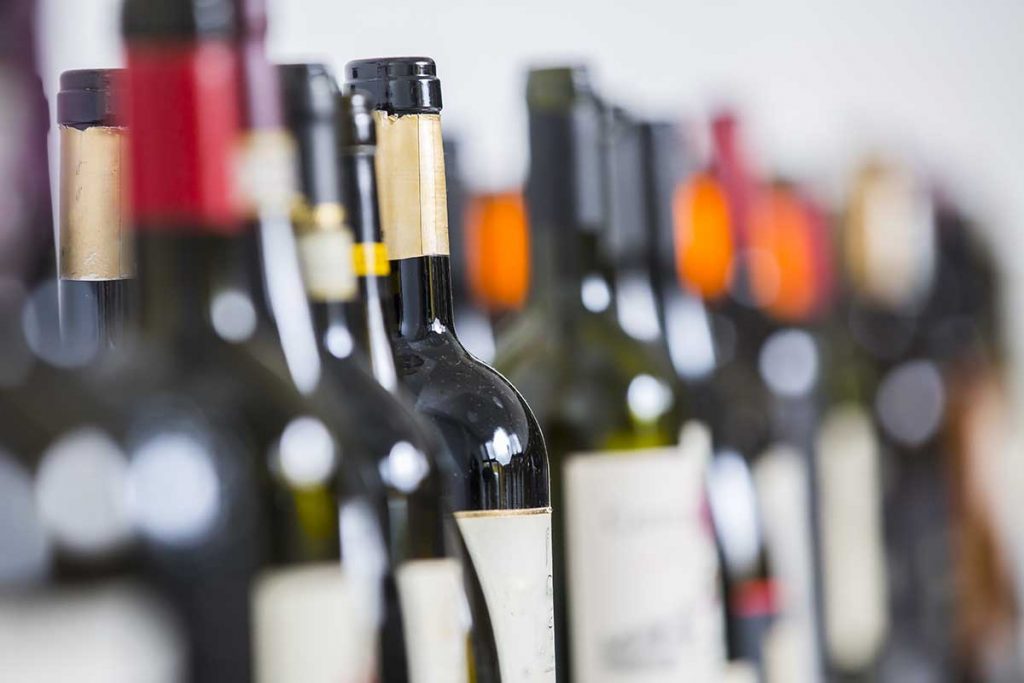
Denver is rolling out its Waste No More ordinance, a community-driven effort to build a circular waste system through 2026 with agency coordination, outreach and rulemaking. | Ted Alexander Somerville / Shutterstock
As year-end policy activity slows and the federal government shutdown lingers, municipalities across the US and Canada continue pushing forward recycling and reuse systems. Continue Reading










